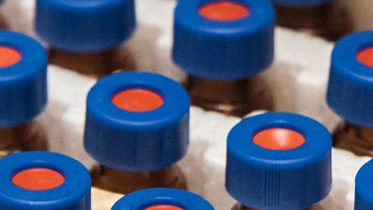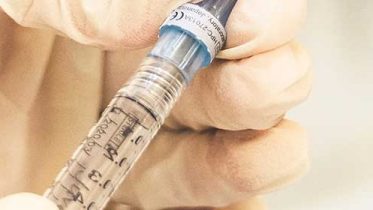New regulatory framework for biodiversity: a breakthrough in research, development and innovation
- 06 August 2015
- Articles
The new Law nº 13123 of 20 May 2015 which regulates the access to genetic resources and associated traditional knowledge, unlike the Provisional Measure nº 2186-16 of August 23, 2001 (now revoked), benefits the business community, universities and research centers, since demonstrates that the access will only occur when creating new products or processes. Thus, the chemical, pharmaceutical and cosmetic industries before fined by use of biodiversity without authorization, will only need to share the benefits is of a product obtained from such access is commercialized.
In general, the new Law will stimulate research and development of products from genetic resources and associated traditional knowledge by replacing the prior authorizations, extremely bureaucratic and time-consuming for a self-declaratory character base, in which individuals, legal domestic or legal foreign entities (related to national institutions) will only need to inform in advance which activities they aim to develop.
For institutions that have authorization or access regulation and remittance requests still pending when the new Law will entry into force (i.e. November 16, 2015), the advice is to reformulate them to the new format of request within 1 year.
Another change in the new law concerns the share of benefits, which will focus exclusively on the manufacturer of the finished product, if produced in Brazil, or the importer or subsidiary company, if the product is produced abroad, regardless of who performed the access previously. Thus, microenterprises, small businesses manufacturers of intermediate products and developers of processes arising from access to genetic resources or associated traditional knowledge will be exempt from benefit-sharing obligations.
Similarly, licensing operations, transfer or assignment of patent products or processes arising from such access by third parties will also be exempted from the benefit sharing. This change favors universities and research centers will be exempt from responsibility to share benefits, since any products from their research will be marketed by licensees.
Thus, before the start of commercial operation of a finished product obtained from access to genetic resources and associated traditional knowledge will be necessary to:
notify the product to CGEN (Council of the Genetic Heritage Management), in which the user states that the requirements of the Law were complied and informs the modality of benefit sharing to be applied (monetary or non-monetary) and
submit the benefit sharing agreement (legal instrument defining the terms of the benefits sharing) within up to 365 days after the product notification to the CGEN.
For companies that were fined by use of biodiversity without authorization, the law also proposes a kind of “amnesty”, however, this amnesty presupposes the admission that the company made access to genetic resources from 30.06.2000 by signing a “Statement of commitment”, which will require it to share benefits with the Union and / or traditional communities. From the signing of the referred Statement, all administrative sanctions will be suspended and the fines may be reduced by up to 90% of its value. However, for those who remain uneven, the law also sets fines of values that can range from BRL 1000 to BRL 100,000 for individuals and from BRL 10 thousand to BRL 10 million for legal entities.
Any administrative or judicial litigation cases existing even before the Provisional nº2052 of 29/06/2000, which was the first existing regulation for this issue, may be concluded, if considered interesting for the parties. The Law also brings a kind of “forgiveness” of civil forfeitures related to genetic resources or associated traditional knowledge of which the Union is a creditor, but to do so, the recognition of the practice of access to genetic resources will be needed.
Finally, it is reiterated that the granting of intellectual property rights on product or process derived from access to genetic resources and associated traditional knowledge is subject to registration or access authorization, as required by law.
In general, the law still leaves many open issues, as it is not clear, for example, how the registration or access authorization from the CGEN will be performed. However, the possibility of amnesty for fined companies and the discount in forfeits, which are apparently advantageous, will only occur if there is, in return, a commitment to share benefits with the Union and / or traditional communities.










